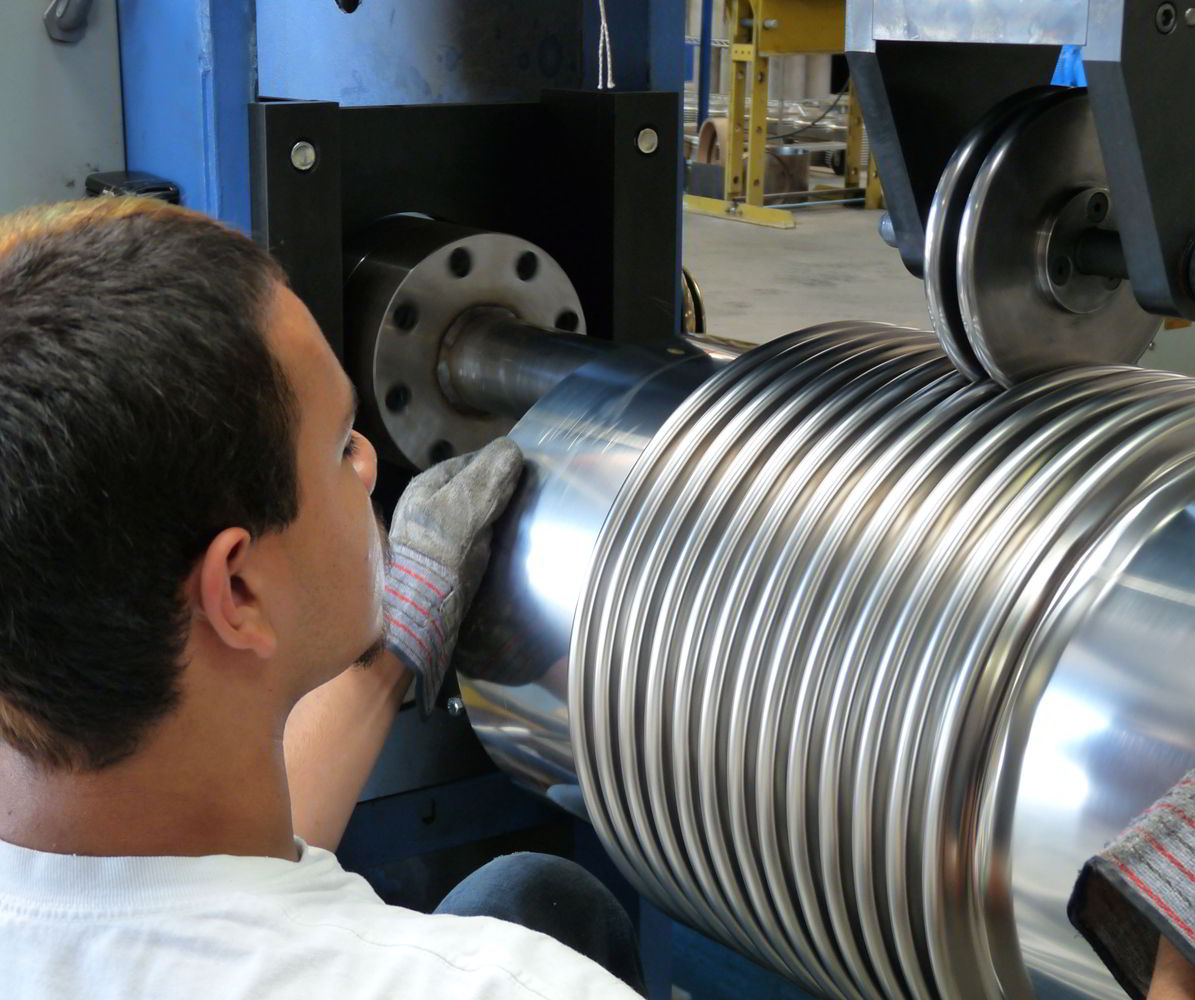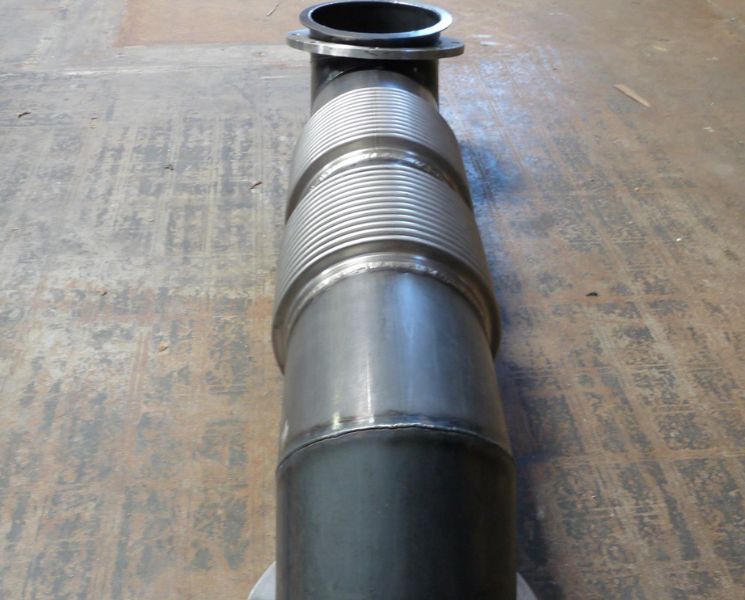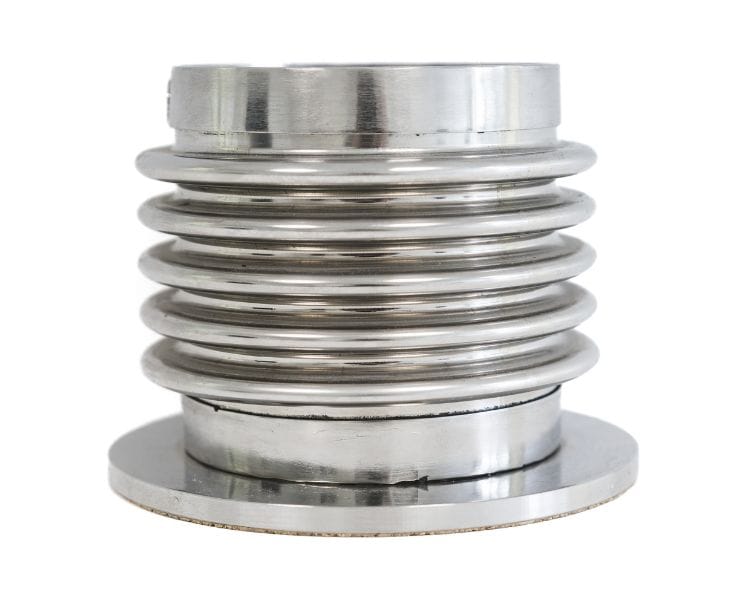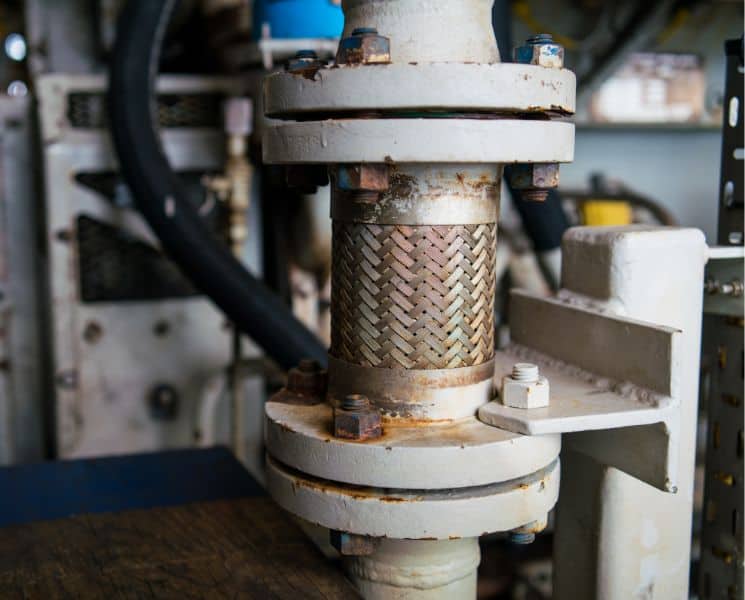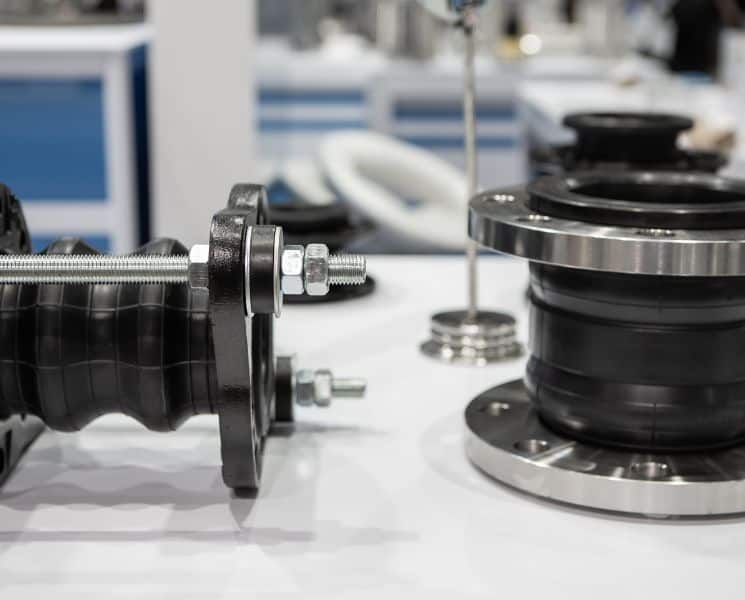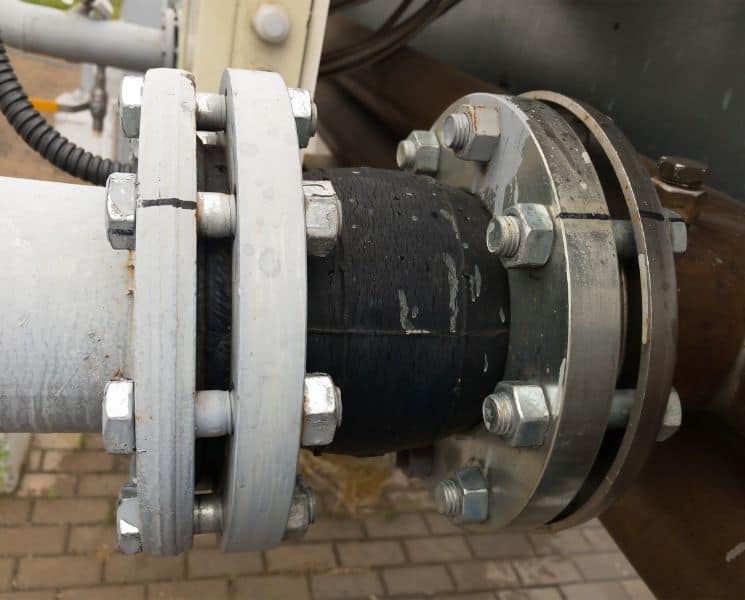Metal bellows have the ability to be customized so that they fit their intended purpose. There are many attributes that should be taken into consideration when metal bellows are designed. Here are some of the things engineers should consider when making custom bellows.
- Spring rate: Metal bellows can vary in flexibility. You want to make sure the spring rate, or flexibility, of the bellows you design or choose is right for the intended application.
- Leak rate: The custom bellows you design should maintain the appropriate amount of fluid, even after a certain number of cycles. You should choose a material and elasticity that will do that.
- Effective area: Standard bellows can have different sizes, and you want to make sure the one you’re working with is sized appropriately for it to behave like a pressure based piston. The internal and external pressures have to be appropriately balanced to fit the job they are needed for.
- Stroke requirements: Stainless steel bellows, as well as other types, all have the ability to compress and extend, bend, and offset the need for actuation. You can customize these features. So if you need one that is more flexible/extendable, then that should be taken into consideration during the design.
- Chemical resistance: There are different materials you can use when making metal bellows, like stainless steel bellows or brass bellows. The material you choose should be appropriate for the environment it will be used in, especially if it will be exposed to hazardous chemicals or environments.
- Temperature: The engineer should choose a material for the metal bellows that will be able to withstand the temperature range that it will be exposed to.
- Cycle life: Metal, no matter the material, will eventually fatigue and a high cycle life may be achieved. The metal bellows chosen should be the correct one for the application.
According to the Solar Energy Industries Association, America has a total solar power capacity of 47.1 gigawatts, which is enough to power 9.1 million homes as of mid-2017. Bellows are used to help make solar panels, as well as many other industrial types of machinery. It is important that the engineer designing the bellows takes into consideration the list above so that bellows do not fail and cause problems in the future.

